Fidelity Magellan ETF (FMAG): A Legend at a Lower Cost
Fidelity recently turned its Magellan Fund and a few other strategies into actively managed ETFs, joining a growing trend in the fund arena.

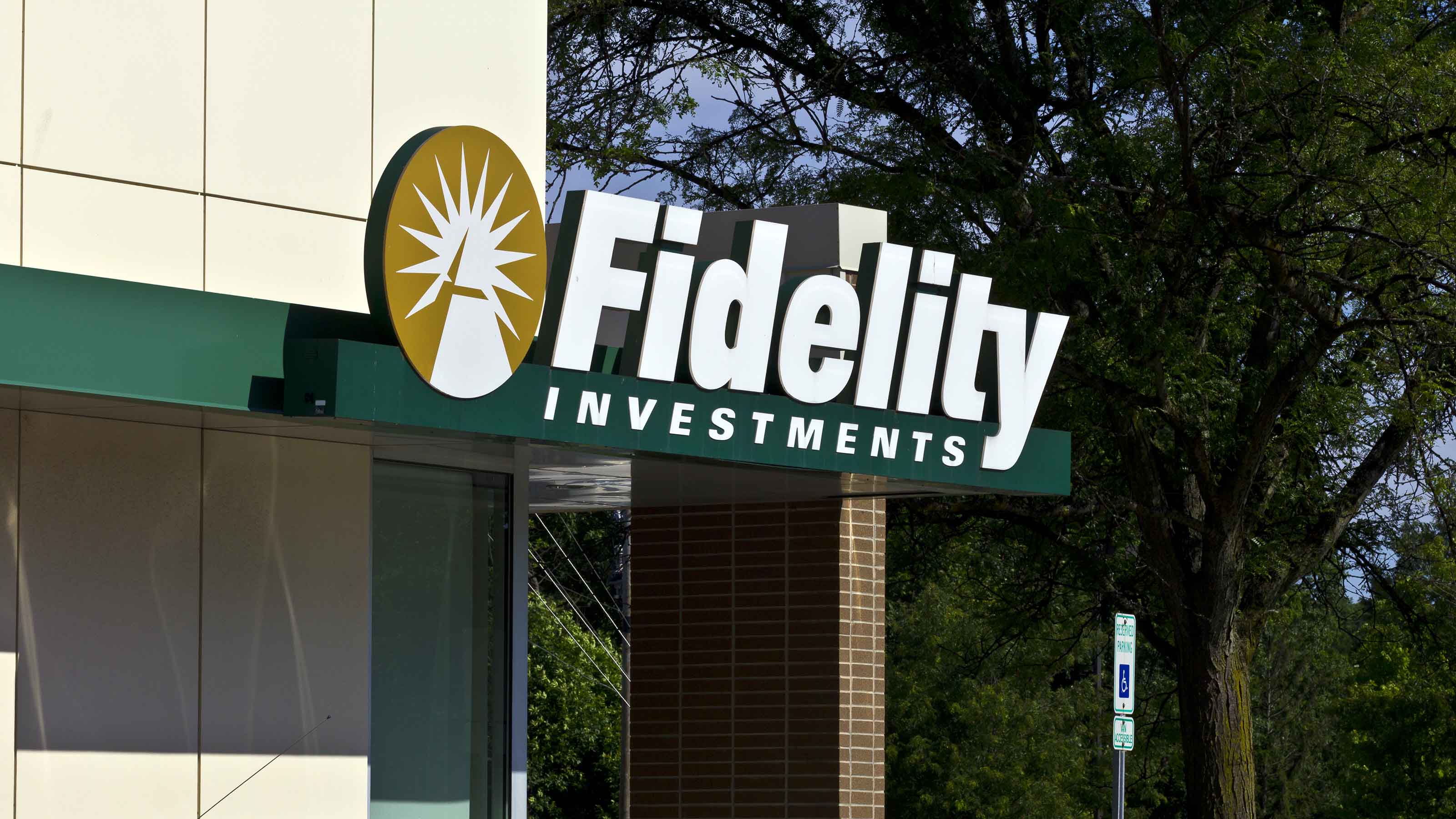
Profit and prosper with the best of Kiplinger's advice on investing, taxes, retirement, personal finance and much more. Delivered daily. Enter your email in the box and click Sign Me Up.
You are now subscribed
Your newsletter sign-up was successful
Want to add more newsletters?

Delivered daily
Kiplinger Today
Profit and prosper with the best of Kiplinger's advice on investing, taxes, retirement, personal finance and much more delivered daily. Smart money moves start here.

Sent five days a week
Kiplinger A Step Ahead
Get practical help to make better financial decisions in your everyday life, from spending to savings on top deals.

Delivered daily
Kiplinger Closing Bell
Get today's biggest financial and investing headlines delivered to your inbox every day the U.S. stock market is open.

Sent twice a week
Kiplinger Adviser Intel
Financial pros across the country share best practices and fresh tactics to preserve and grow your wealth.

Delivered weekly
Kiplinger Tax Tips
Trim your federal and state tax bills with practical tax-planning and tax-cutting strategies.

Sent twice a week
Kiplinger Retirement Tips
Your twice-a-week guide to planning and enjoying a financially secure and richly rewarding retirement

Sent bimonthly.
Kiplinger Adviser Angle
Insights for advisers, wealth managers and other financial professionals.

Sent twice a week
Kiplinger Investing Weekly
Your twice-a-week roundup of promising stocks, funds, companies and industries you should consider, ones you should avoid, and why.

Sent weekly for six weeks
Kiplinger Invest for Retirement
Your step-by-step six-part series on how to invest for retirement, from devising a successful strategy to exactly which investments to choose.
Fidelity Magellan (FMAGX, $12.74), one of Wall Street's most storied mutual funds, isn't just a mutual fund anymore.
It's an ETF too.
The financial service giant recently launched Fidelity Magellan ETF (FMAG, $19.46) alongside three other actively managed ETFs, creating a lower-cost version (0.59% in expenses versus 0.77% for FMAGX) of its legendary product.
From just $107.88 $24.99 for Kiplinger Personal Finance
Become a smarter, better informed investor. Subscribe from just $107.88 $24.99, plus get up to 4 Special Issues

Sign up for Kiplinger’s Free Newsletters
Profit and prosper with the best of expert advice on investing, taxes, retirement, personal finance and more - straight to your e-mail.
Profit and prosper with the best of expert advice - straight to your e-mail.
If you're not familiar with Magellan's history, it was arguably one of biggest mutual fund stories of the late 20th century. Magellan had a mere $18 million in assets under management (AUM) when Peter Lynch took over in 1977. But a wild 29%-plus average annual return helped FMAGX swell to $14 billion in assets by his departure in 1990. While Magellan eventually eclipsed the $100 billion AUM mark, it has since cooled off, though today it still manages a sizable $21 billion.
Joining FMAG are three other actively managed ETFs:
- Fidelity Growth Opportunities ETF (FGRO, $18.83), 0.59% expenses
- Fidelity Real Estate Investment ETF (FPRO, $20.28), 0.59% expenses
- Fidelity Small-Mid Cap Opportunities ETF (FSMO, $21.82), 0.64% expenses
FMAG, as well as FGRO and FPRO, are existing Fidelity mutual fund products thrown into a less-expensive ETF wrapper; FSMO is a wholly new product.
They're not the first of their kind, and they're unlikely to be the last. Other fund providers, including American Century and T. Rowe Price, have forged a similar path in recent years, taking their established mutual funds and giving them the ETF shine.
Why Fidelity Is Going Active
The vast majority of ETFs are passively managed instruments (index funds). What sets them apart from indexed mutual funds is that they trade throughout the day, and they often have even lower expense ratios. Also, the very way ETFs function – how shares are actually created and redeemed – leads to greater tax efficiency, with exceedingly little of their net asset value (NAV) paid out as capital gains compared to mutual funds.
Mutual fund investors that have migrated to ETF investing over the past few decades are typically looking for one or several of these perks.
One thing they won't get is a perfect look inside the inner workings of Magellan.
Todd Rosenbluth, Head of ETF & Mutual Fund Research at CFRA Research, says "the ETF move will shine a spotlight into what's inside the ETF portfolio, due to the daily disclosure requirements of ETF holdings." By contrast, mutual funds are only required to publish holdings once a quarter.
That said, Fidelity will do this via a "proxy portfolio" that does include actual stock holdings, but also ETFs with holdings similar to what Magellan holds. This "semi-transparent" wrapper allows Fidelity to avoid showing all of its cards while still remaining compliant with SEC disclosure rules.
Despite differences such as these, Wall Street is demonstrating a growing appetite for the ease and lower costs of actively managed ETFs; assets in these funds surpassed $200 billion earlier this year.
Fund providers are increasingly quick to acquiesce.
"It's inevitable that Fidelity, an investment company with deep resources and a reputation for active mutual fund strategies, would dip their toe into the active equity ETF market," Rosenbluth says.
Will ETFs Eat Their Mutual Fund Counterparts?
Actively managed ETFs appear to be a logical progression for Fidelity. And indeed, "ETF-izing" name-brand mutual funds might attract new money from those who prefer investing through ETFs.
However, "there is a cannibalization risk in that the move could potentially attract away from existing mutual fund shareholders with a lower cost ETF," Rosenbluth warns.
Conversely, "investors familiar with the Magellan mutual fund might not be comfortable buying an ETF," he says, "while investors who have never heard of Magellan might not buy that ETF, either."
But there's risk in doing nothing, too. After all, if an investor is already looking to migrate from mutual funds to ETFs, and Fidelity doesn't offer similar lines of products at the ETF level, that investor might move their money into another provider's funds instead.
It's possible that Fidelity and other large mutual fund companies have seen the writing on the wall, and have decided it's better to keep those assets "in family," even if it's in newer, lower-cost versions of their existing products.
Kent Thune did not hold positions in any of these mutual funds or ETFs as of this writing. This article is for information purposes only, thus under no circumstances does this information represent a specific recommendation to buy or sell securities.
Kiplinger's 25 Favorite No-Load Mutual Funds
Profit and prosper with the best of Kiplinger's advice on investing, taxes, retirement, personal finance and much more. Delivered daily. Enter your email in the box and click Sign Me Up.

Kent Thune, CFP, is a financial professional that helps individuals and businesses achieve their goals through a variety of delivery methods, including investment advice, financial planning and writing.
-
 5 Vince Lombardi Quotes Retirees Should Live By
5 Vince Lombardi Quotes Retirees Should Live ByThe iconic football coach's philosophy can help retirees win at the game of life.
-
 The $200,000 Olympic 'Pension' is a Retirement Game-Changer for Team USA
The $200,000 Olympic 'Pension' is a Retirement Game-Changer for Team USAThe donation by financier Ross Stevens is meant to be a "retirement program" for Team USA Olympic and Paralympic athletes.
-
 10 Cheapest Places to Live in Colorado
10 Cheapest Places to Live in ColoradoProperty Tax Looking for a cozy cabin near the slopes? These Colorado counties combine reasonable house prices with the state's lowest property tax bills.
-
 Best Mutual Funds to Invest In for 2026
Best Mutual Funds to Invest In for 2026The best mutual funds will capitalize on new trends expected to emerge in the new year, all while offering low costs and solid management.
-
 Why Wells Fargo's Revenue Miss Isn't Worrying Wall Street
Why Wells Fargo's Revenue Miss Isn't Worrying Wall StreetWells Fargo is one of the best S&P 500 stocks Wednesday even after the big bank's top-line miss. Here's what you need to know.
-
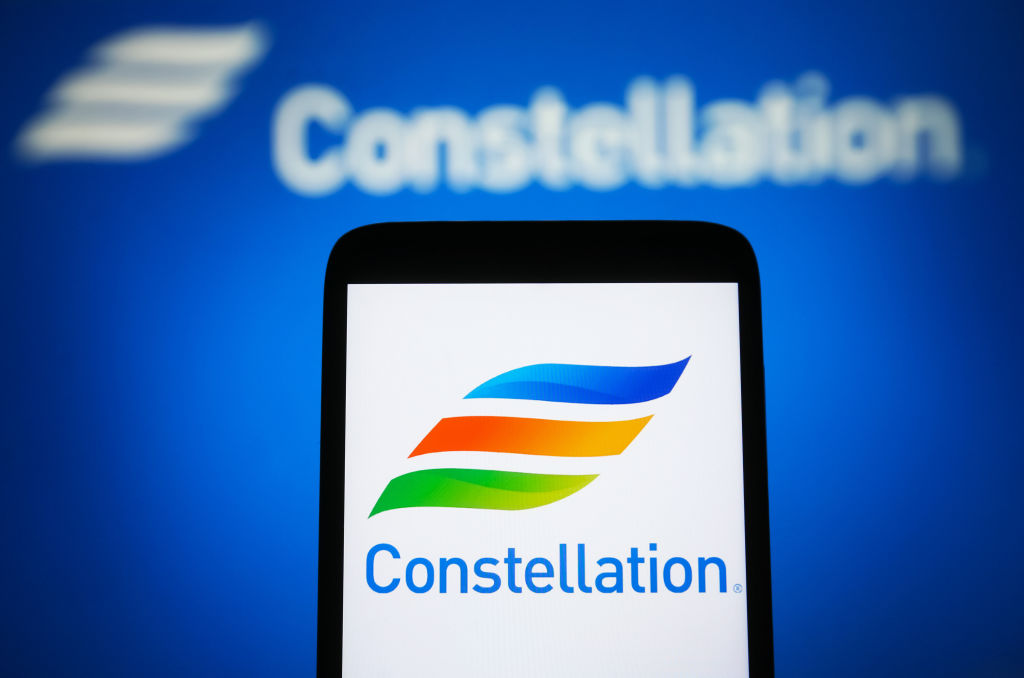 Constellation Energy Stock Soars on Its $26 Billion Buy. Here's Why Wall Street Likes the Deal
Constellation Energy Stock Soars on Its $26 Billion Buy. Here's Why Wall Street Likes the DealConstellation Energy is one of the best S&P 500 stocks Friday after the utility said it will buy Calpine in a cash-and-stock deal valued at $26 billion.
-
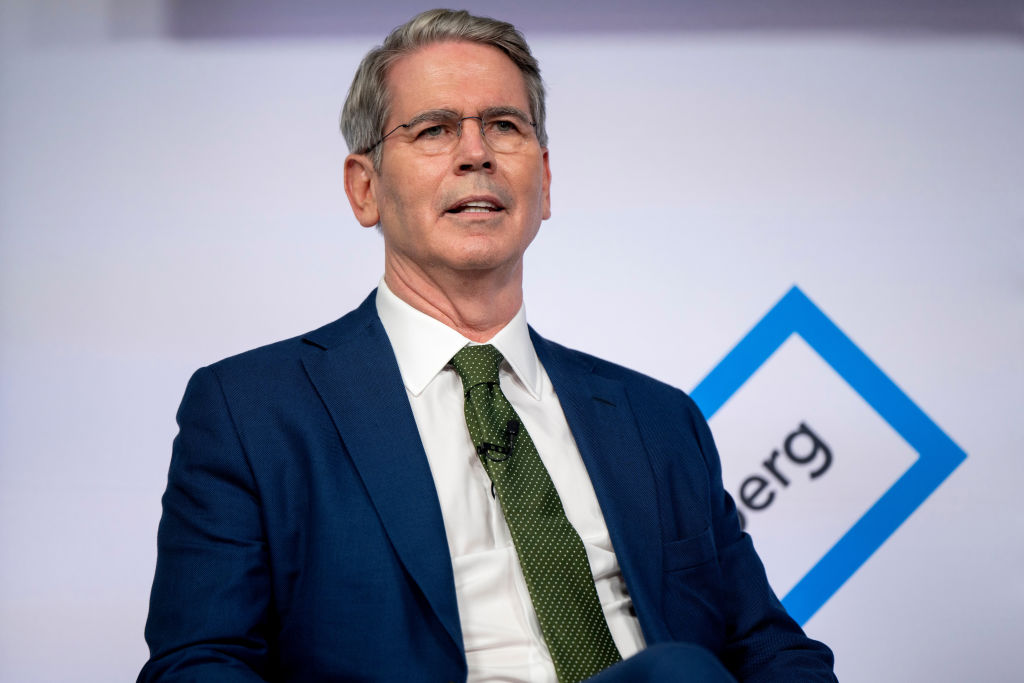 What Scott Bessent's Treasury Secretary Nomination Means for Investors
What Scott Bessent's Treasury Secretary Nomination Means for InvestorsMarkets are reacting positively to Trump's nomination of Scott Bessent for Treasury secretary. Here's why.
-
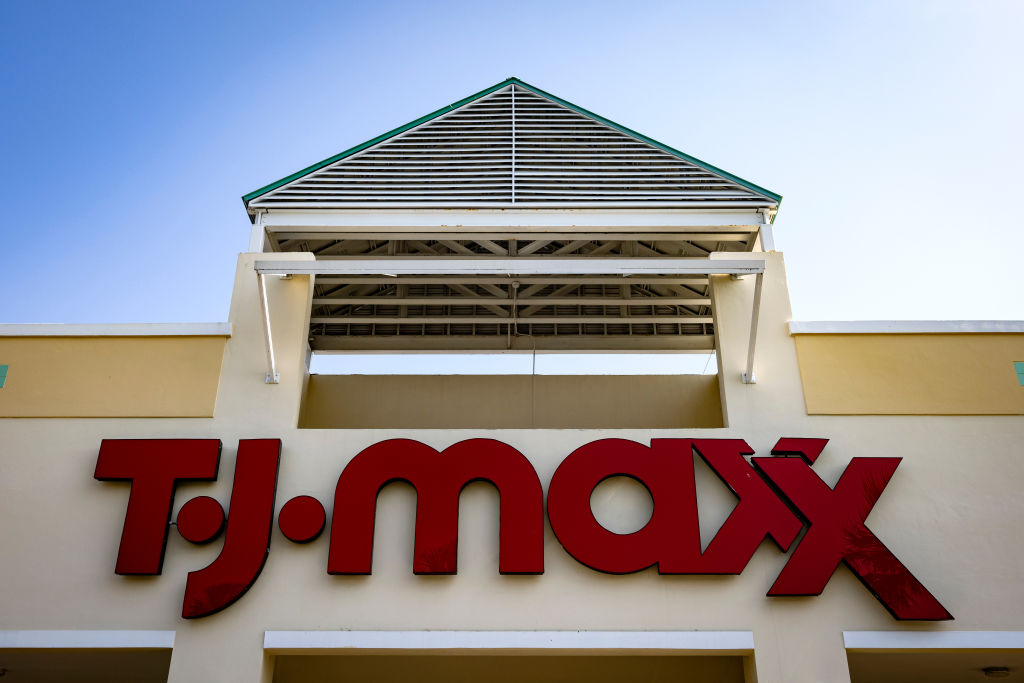 TJX Stock: Wall Street Stays Bullish After Earnings
TJX Stock: Wall Street Stays Bullish After EarningsTJX stock is trading lower Wednesday despite the TJ Maxx owner's beat-and-raise quarter, but analysts aren't worried. Here's why.
-
 Cisco Stock: Why Wall Street Is Bullish After Earnings
Cisco Stock: Why Wall Street Is Bullish After EarningsCisco stock is lower Thursday despite the tech giant's beat-and-raise quarter, but analysts aren't concerned. Here's what you need to know.
-
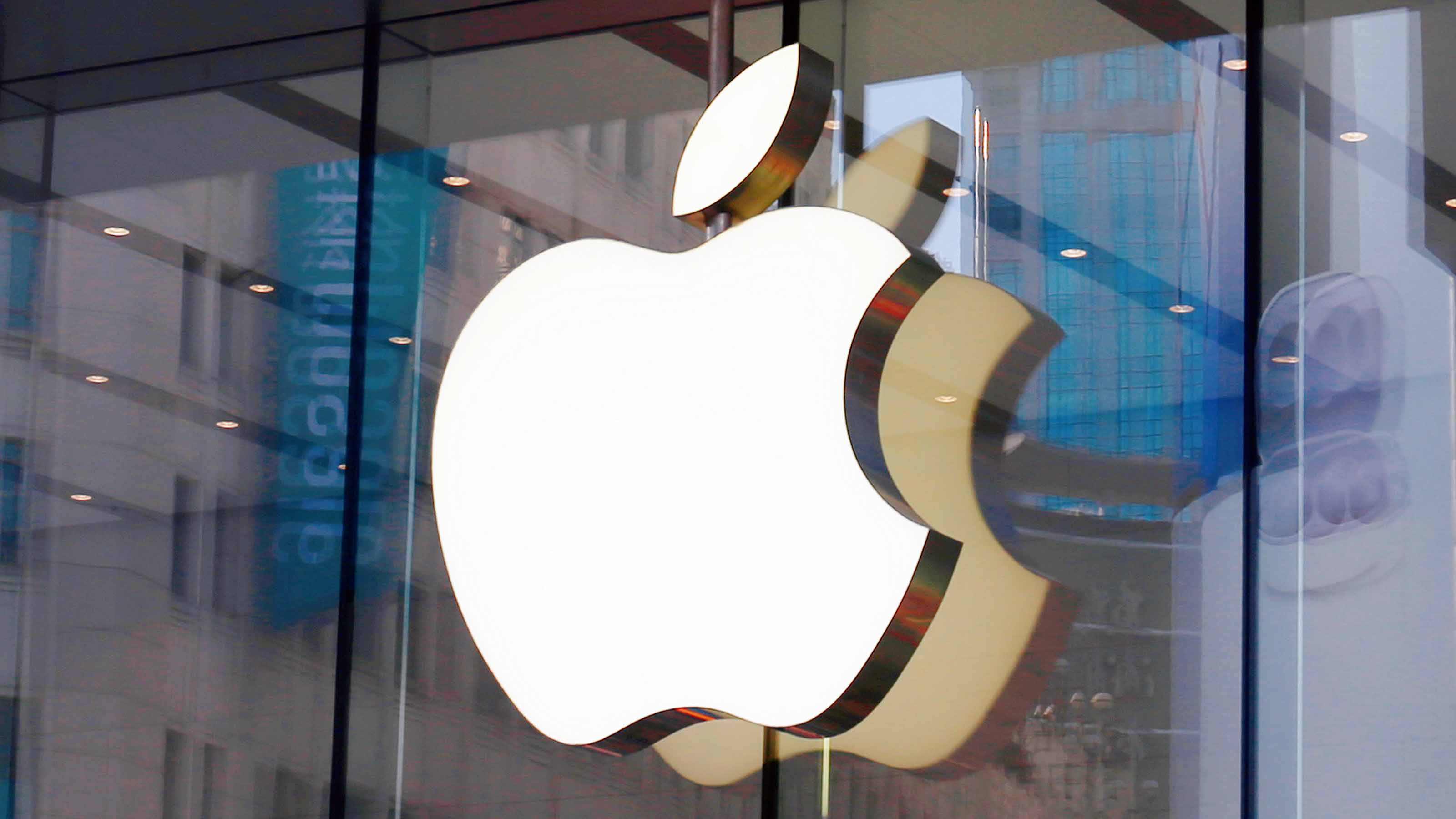 Apple Stock Slips After Earnings. Wall Street Isn't Worried
Apple Stock Slips After Earnings. Wall Street Isn't WorriedApple stock is trading lower Friday despite the iPhone maker beating expectations for its fiscal fourth quarter, but analysts are still bullish.
-
 Tesla's Robotaxi Event: What Wall Street Expects
Tesla's Robotaxi Event: What Wall Street ExpectsTesla’s robotaxi event kicks off next week. Here’s what Wall Street expects to see and how analysts feel about the stock heading into the event.